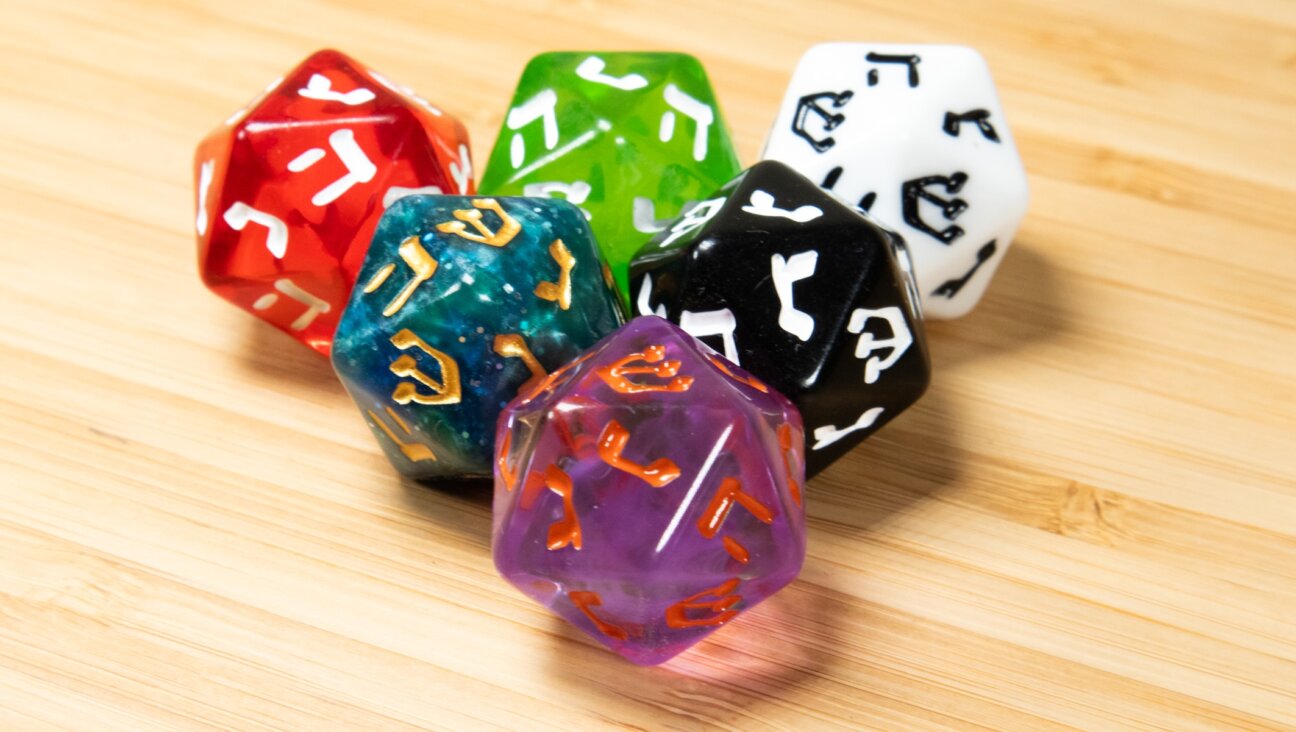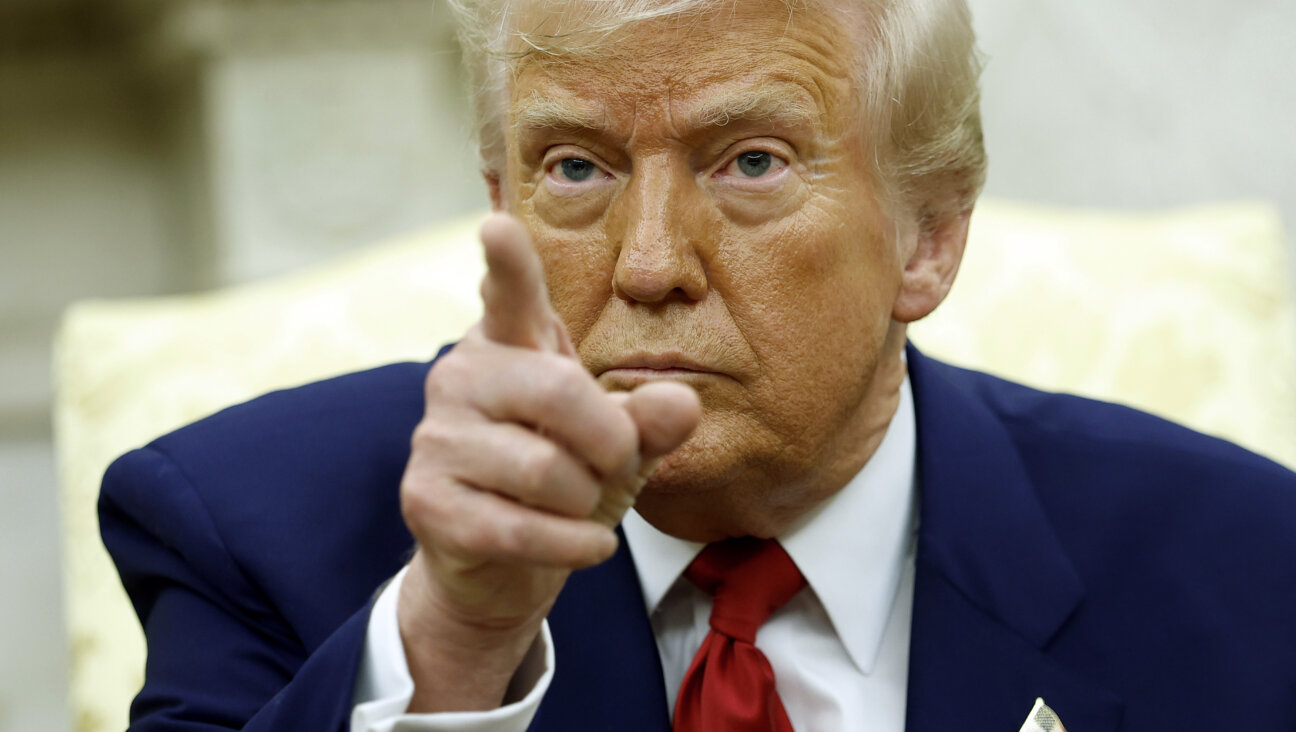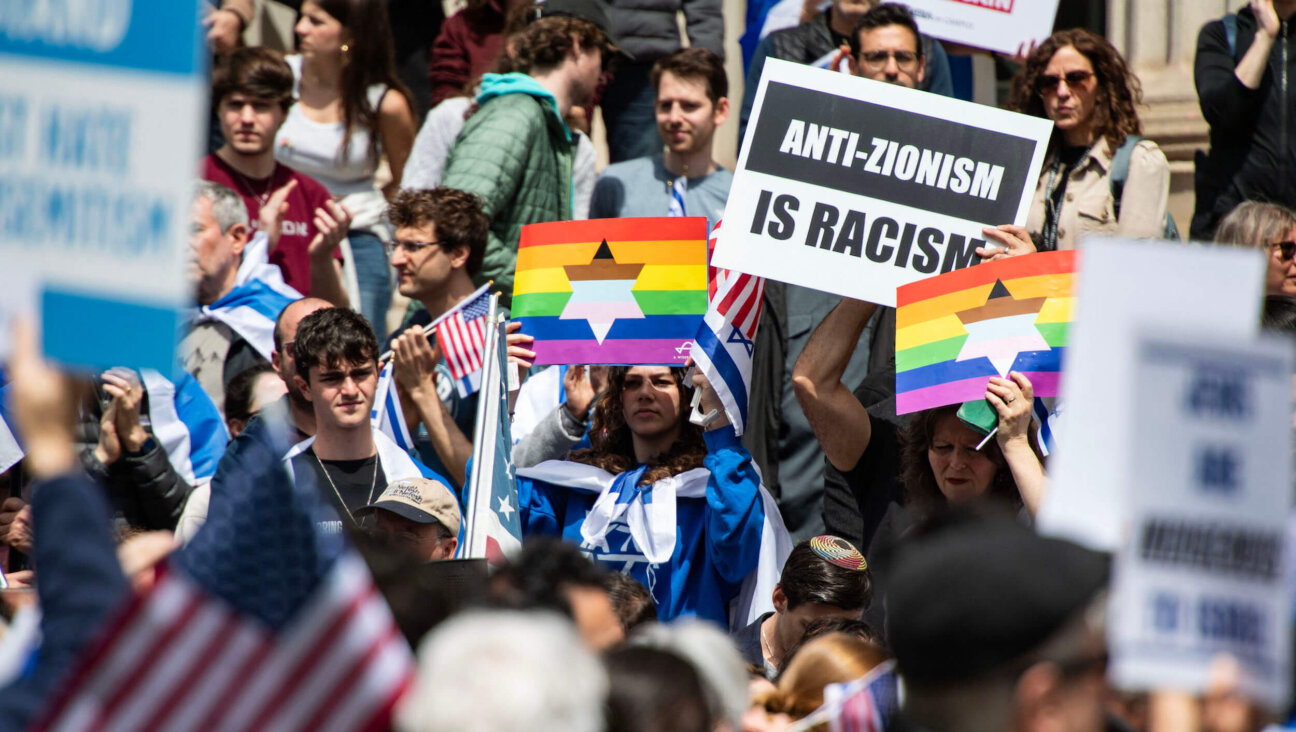The Good That Storytelling Does
When I was a teenager in the early 1990s, several young women at my Boston-area high school converted to Islam and began to wear the hijab, a trend that raised some eyebrows. Several months later, the school administration asked my mother, a Pakistani American, to offer her perspective of Islam. As my mother described her relationship to her faith I noticed how my classmates were riveted. I learned the power of personal testimony and saw how curiosity can open up an opportunity for learning.
After my book, “The Girl from Foreign: A Search for Shipwrecked Ancestors, Forgotten Histories, and a Sense of Home,” was published two years ago, I was reminded of my mother’s talk as I began traveling across the country to speak at museums, libraries, community centers and bookstores. My book tells the story of my Indian-Jewish grandmother, who eloped with my Muslim grandfather and converted to Islam in the 1930s, and my journey to India to reconnect with the community she left behind.
Many of my book events were hosted by Jewish organizations, and at each stop on my tour questions about Islam animated the conversation. Some readers confided that they had rarely, if ever, had the chance to interact with someone of a Muslim background. At first I felt wary of talking about Islam; my own background is non-traditional, and I am not a religious scholar. But most often, audiences were looking for my individual experience, idiosyncratic or not.
Why, I was asked, did my mother not wear a headscarf? Why did my Muslim grandfather help my grandmother’s Jewish family emigrate to Israel? What did it feel like to grow up in a home that combined Islam with other faith traditions? I began to see these questions and others as an opportunity for engagement. And I began to wonder if there was room for more Muslim voices to speak in Jewish venues, and vice versa. The Jewish Book Network, a program of the Jewish Book Council, matches authors with Jewish cultural organizations. The creation of a Muslim Book Network that could match authors with Islamic, Jewish and secular cultural centers would enable a two-way conversation so sorely lacking now.
As the author of a memoir, first-person narratives are my bag. But are they a worthwhile mode of interfaith dialogue? Can a lone voice ever responsibly reflect multitudes? And if not, are they worth throwing into the mix? I got my answer this September 10, while attending a service at the Islamic Center of New York University on the Muslim holiday of Eid-al-Fitr. Haroon Moghul, a young Islamic scholar, gave the khutbah, or weekly address. He encouraged his audience to be informal ambassadors and answer questions about Islam. Muslims need to engage with people of other faiths, he later told me, and worry less about whether they are qualified to do so.
“People are not really looking for a sermon, but the perspective of an everyday person,” he said, “when someone can say: ‘I’m a teacher, I’m a musician, I’m a filmmaker,’ and speak from that point of view.”
What Moghul seemed to be touching on was this: Curiosity can open the way for interfaith engagement, and Muslims should seize this moment to connect with people of other faiths, particularly amid the current groundswell of fear about Islam.
America’s Muslim community has only recently begun to consider the role of arts and culture in altering prevailing views of Islam in the United States and would be well-served to learn from the example of Jewish cultural organizations that have pioneered the use of book clubs, film festivals and lecture series to help foster and strengthen community ties. Two recent initiatives in New York City — the Muslim Voices Festival and the New York Sufi Music Festival — also demonstrate how cultural programs can reveal the diversity of Muslim self-expression.
Sharif el-Gamal, the chief developer behind the proposed Park51 Islamic center in Lower Manhattan, has stated that he wants to model his project on the 92nd Street Y, a Jewish community organization and arts venue that welcomes people of all faiths. The creation of an open, inclusive space where Muslims and people of other faiths could gather to listen to and exchange ideas would be a valuable contribution to New York City and to the national dialogue taking place about Islam. It is a place I hope to visit someday.
Sadia Shepard is a documentary filmmaker and the author of “The Girl from Foreign” (Penguin Press, 2008).
The Forward is free to read, but it isn’t free to produce

I hope you appreciated this article. Before you go, I’d like to ask you to please support the Forward.
Now more than ever, American Jews need independent news they can trust, with reporting driven by truth, not ideology. We serve you, not any ideological agenda.
At a time when other newsrooms are closing or cutting back, the Forward has removed its paywall and invested additional resources to report on the ground from Israel and around the U.S. on the impact of the war, rising antisemitism and polarized discourse.
This is a great time to support independent Jewish journalism you rely on. Make a Passover gift today!
— Rachel Fishman Feddersen, Publisher and CEO
Most Popular
- 1

Opinion My Jewish moms group ousted me because I work for J Street. Is this what communal life has come to?
- 2

Fast Forward Suspected arsonist intended to beat Gov. Josh Shapiro with a sledgehammer, investigators say
- 3

Politics Meet America’s potential first Jewish second family: Josh Shapiro, Lori, and their 4 kids
- 4

Fast Forward How Coke’s Passover recipe sparked an antisemitic conspiracy theory
In Case You Missed It
-
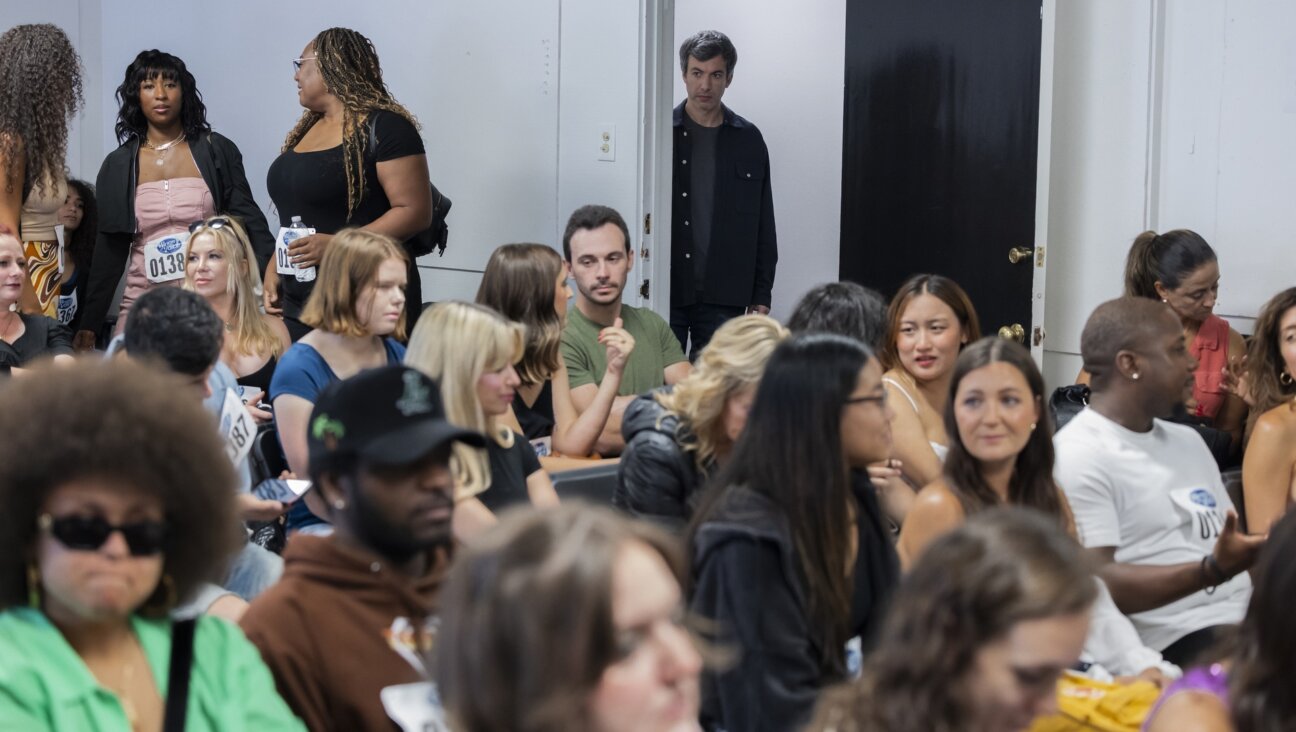
Film & TV In ‘The Rehearsal’ season 2, is Nathan Fielder serious?
-
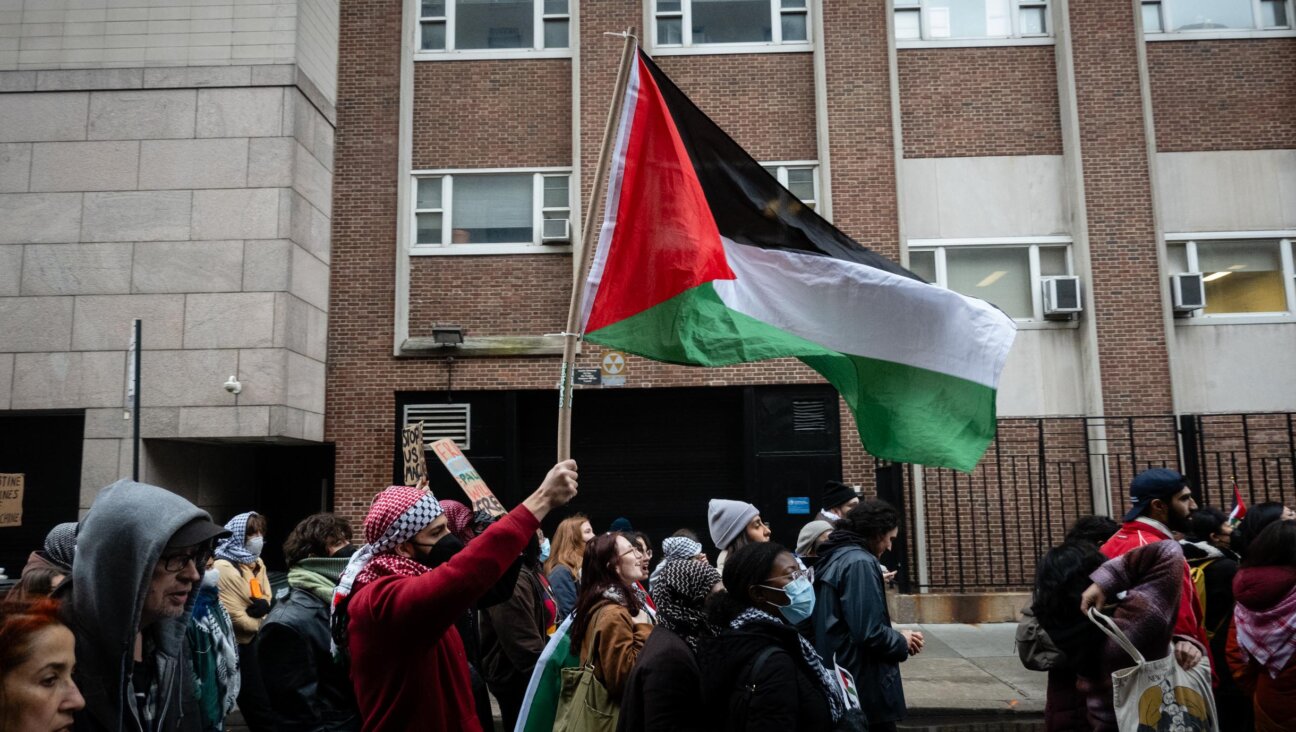
Fast Forward Pro-Israel groups called for Mohsen Mahdawi’s deportation. He was arrested at a citizenship interview.
-

News Student protesters being deported are not ‘martyrs and heroes,’ says former antisemitism envoy
-
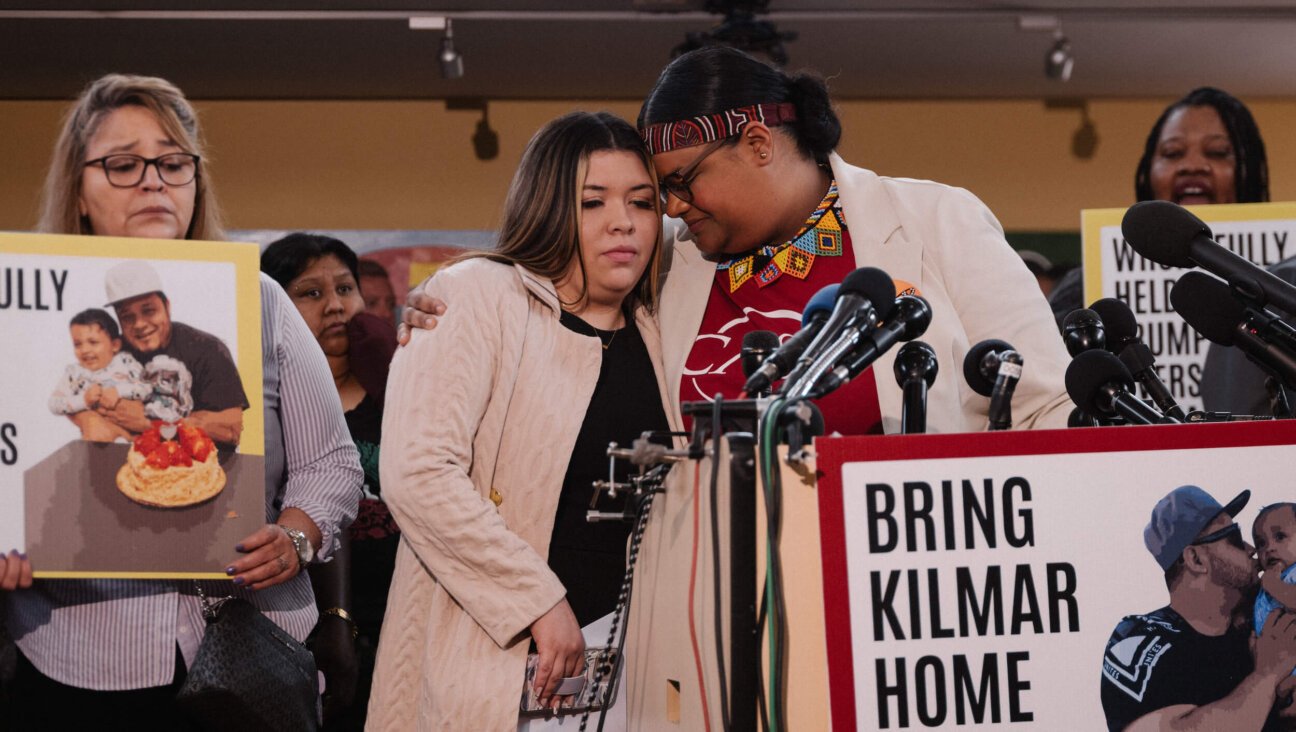
Opinion This Nazi-era story shows why Trump won’t fix a terrifying deportation mistake
-
Shop the Forward Store
100% of profits support our journalism
Republish This Story
Please read before republishing
We’re happy to make this story available to republish for free, unless it originated with JTA, Haaretz or another publication (as indicated on the article) and as long as you follow our guidelines.
You must comply with the following:
- Credit the Forward
- Retain our pixel
- Preserve our canonical link in Google search
- Add a noindex tag in Google search
See our full guidelines for more information, and this guide for detail about canonical URLs.
To republish, copy the HTML by clicking on the yellow button to the right; it includes our tracking pixel, all paragraph styles and hyperlinks, the author byline and credit to the Forward. It does not include images; to avoid copyright violations, you must add them manually, following our guidelines. Please email us at [email protected], subject line “republish,” with any questions or to let us know what stories you’re picking up.








